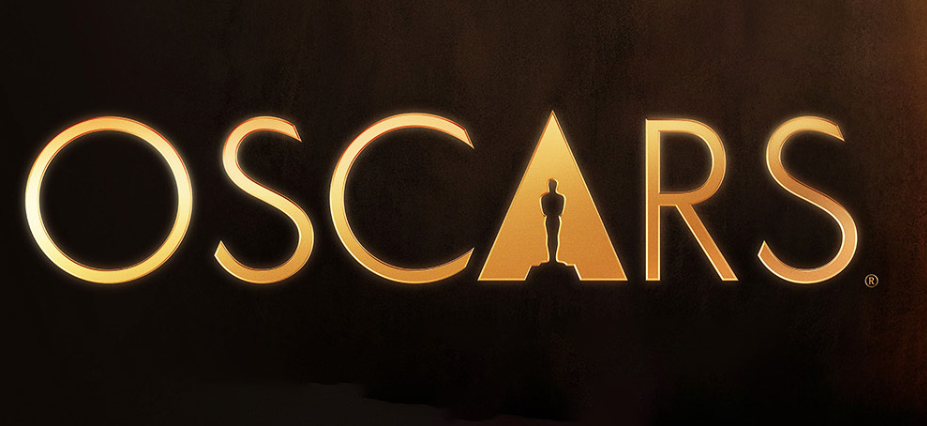Can You Really Be Addicted to a Person and Love?

©️ Freepik
Love is a complex emotion that can often feel so intense that it becomes all-consuming. But can you truly become addicted to a person and mistake it for love? Many people have found themselves in relationships where they feel unable to let go, even when they know it may not be healthy for them. This raises the question: can someone really be addicted to a person and confuse it with genuine love?
What Is Love Addiction?
Love addiction, or obsessive love, is when someone becomes overly dependent on their intense emotional connection with a romantic partner. People with love addiction may have a strong desire for romantic connection and can act compulsively in their relationships.
How Is Love Addiction Related to Relationships?
Love addiction or addiction to people is not officially known as a mental health diagnosis. This is unlike substance use disorders, which experts now refer to instead of using the term “addiction.” Symptoms similar to substance use disorders, such as intense cravings and mood changes, may occur in relationships. However, it’s important to note that emotional dependence and addiction have different causes and processes. Engaging in behaviors resembling addiction doesn’t mean the experiences are identical.

Can You Really Be Addicted to a Person?
The notion of being addicted to a person is not officially recognized, as the DSM-5 doesn’t recognize non-substance addictive behaviors, including relationship and sex addiction. Researchers differentiate between substance addiction and relationship “addiction” because love is generally considered a positive experience. However, research suggests that romantic feelings can trick the brain’s reward centers similarly to substances, possibly leading to patterns similar to compulsive behavior.

Additionally, some individuals may experience erotomania. This is when they believe someone, often a celebrity or admired figure, is in love with them despite lacking evidence for this belief.
So, What Makes You Feel “Addicted” to a Person?
Having trouble ending a relationship might be due to factors other than addiction. Attachment style, formed in early relationships, affects satisfaction. Fear of abandonment can make any relationship seem better than being alone, especially for those with anxious attachment or a history of abandonment or trauma. Codependency, tied to challenges and an unclear sense of self, may come from early family experiences. Mental health conditions like personality, anxiety, and bipolar disorder can lead to strong emotional dependence. Understanding these factors can help individuals overcome challenges in ending relationships and building healthier connections.
Have you ever been addicted to a person?
You might also want to read: Scientists Are Developing a Cocaine Addiction Treatment


